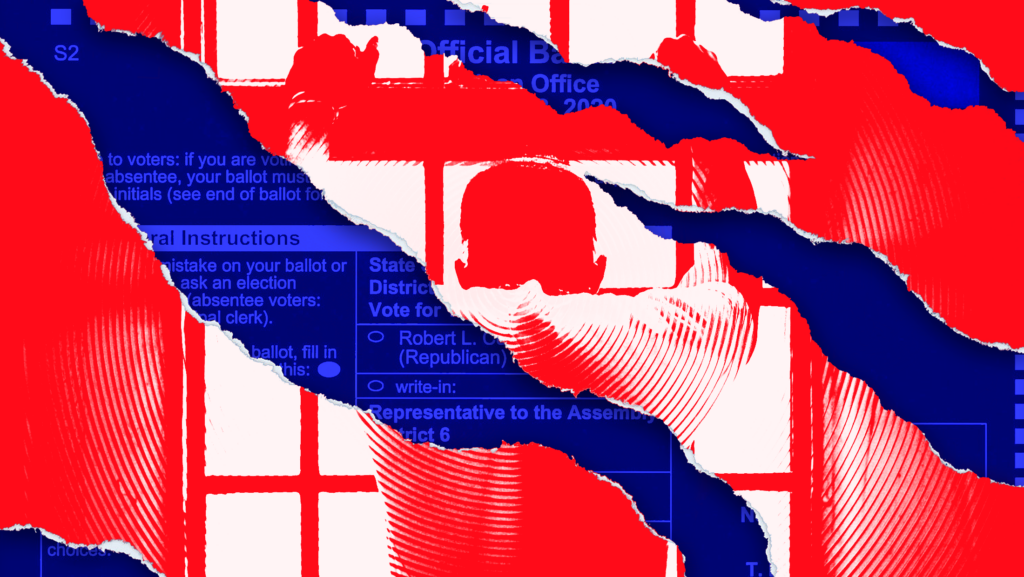
Last month, the United States Supreme Court said it will not consider whether a Mississippi law banning people convicted of certain felonies from voting should be overturned. Mississippi’s law stands as one of the toughest such restrictions in the nation.
The Jim Crow-era practice extends to people convicted of nonviolent crimes, including perjury and forgery. A group of disenfranchised Mississippians asked the justices to determine whether it amounts to “cruel and unusual punishment,” which is barred under federal law.
SECTION 241 MISSISSIPPI CONSTITUTION
The 2023 appeal, which the Supreme Court rejected, contended that those who authored Mississippi’s constitution showed racist intent when selecting the felonies that would cause people to lose the right to vote. A lower court found Mississippi remedied the underlying discrimination by later altering which crimes are disenfranchising.
In the latest appeal, the justices were asked to reverse the conservative 5th U.S. Circuit Court of Appeals. A three-judge panel on the appeals court deemed the provision illegal, but the full court reinstated it.
Last term, a three-judge panel of the New Orleans-based 5th U.S. Circuit Court of Appeals, which hears cases from Mississippi, in 2023 ruled 2-1 in favor of the claim by the plaintiffs that the ban violates the Eighth Amendment.
My opinion? Being convicted of a felony is obviously a terrible thing. Fortunately, your right to vote can be restored as long as you are not currently serving a DOC sentence of total confinement in prison.
Please contact my office if you, a friend or family member are charged with a crime. Hiring an effective and competent defense attorney is the first and best step toward justice.






